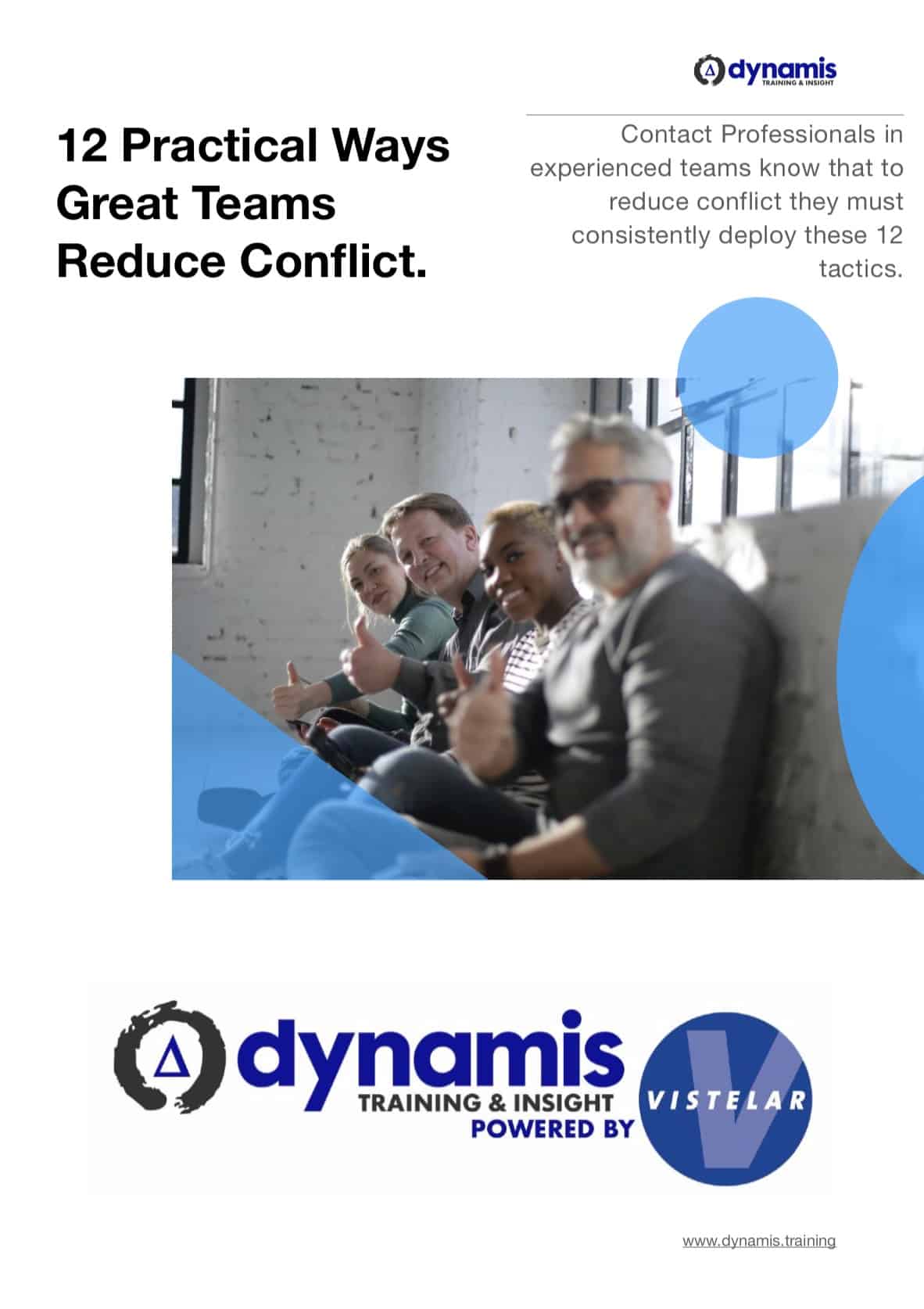As physical skills trainers, is there something we can learn from Robert Bjork?
Much training in physical intervention skills focusses on a linear learning process which starts with ‘the basics’ and progresses along through ‘intermediate’ skill performance until full competency is reached. For example in a Breakaway training package studied by one researcher, the list of techniques taught was long and the training day was short, so the trainees were able to practice each of the many techniques for an average time of just over 6 minutes each. Six minutes to practice each of about 15 teachniques in a potentially life-saving competency!
Bjork, an educational researcher, has suggested that we make life more difficult for our learners in order to give them the best chance of competent levels of recall later on. Here are some of Bjork’s findings:
“Conditions of instruction that make performance improve rapidly often fail to support long-term retention and transfer”
…whereas
“Conditions of instruction that appear to create difficulties for the learner, slowing the rate of apparent learning, often optimize long-term retention and transfer.”
In particular, Bjork has found that the use of what might be described as novel teaching models – which seem to be against common models in use – actually produce better results in the learners.
In order to create the best long-term retention of the content in question, Bjork is suggesting that the best strategy would be to, at times, make it difficult for the learner to acquire the learning, perhaps using a training exercise which becomes progressively hard to accomplish or progressively randomised.
Bjork introduced the term “Desirable Difficulties” but it is important to emphasize that the difficulties introduced must be “desirable”; there are many difficulties that are undesirable both during and after learning.
Successful retrieval of information under conditions of Desirable Difficulties can be considerably more potent than, for example, an additional opportunity to study the same material again. This is because retrieved information becomes more recallable in the future than it would have been without having been re-accessed. The act of retrieving information is itself a potent learning event.
“Desirable difficulties are desirable because responding to them successfully engages processes that support learning, comprehension, and remembering.”
They become undesirable difficulties, however, if the learner is not equipped to respond to them successfully. For example, we know of one training organisation whose training approach in scenario based training is to focus on correctness of technique performance, instead of an operational task-success focus. The learners are ‘beasted’ during the scenario training. Those we have met who have been through this process only recall the feelings of inadequacy and failure which the training experience left them with! This kind of undesirably difficult training environment creates negative motivational issues for the learners involved and can therefore critically impact on the operational effectiveness of the training programme.
Bjork again:
“it is also desirable to induce successful access to knowledge and procedures in a variety of situations that differ in the cues they do and do not provide.”
This may then have an impact upon our teaching practice for Physical Intervention and Self-Defence. We recently visited with a cadre of instructors who had eliminated all role-play and scenario-training from their programme because they saw it as having increased risk of training injury, however during the discussion we had with them it became obvious that the instructor team actually valued the implicit learning which was occurring when they were putting their learners through scenarios which were difficult:
– the training required information retrieval in the form of use-of-force decision-making
– the training elicited operational levels of stress along with the physiological changes which happen in conflict
– the training gave the learners a chance to experience the difficulties which they had not yet experienced in ‘static’ training
Using scenario training, role-playing and introducing the concept of Desirable Difficulties into our training design allows us to improve the development of decision-making competency and both the physical and mental resources needed to successfully navigate unknown and unknowable future confrontations. Desirable Difficulties may help us to ensure long-term competence and therefore the safety of those who need to perform the skills we teach.
Our Self-Protection Trainer certification course incorporates much of this theory and provides examples of how to incorporate good practice into training design.

———————————————-
Gerard O’Dea is a conflict management, personal safety and physical interventions training consultant. He is the training director for Dynamis, a specialist in personal safety and violence reduction initiatives and the European Adviser for ‘Verbal Defense and Influence’, a global programme which addresses the spectrum of human conflict. www.dynamis.training


